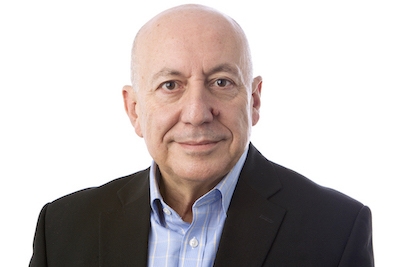Adviser fintech firm Defaqto has added a new ESG client preference questionnaire and additional ESG data filters for DFM MPS and governed portfolios.
The tools enable planners to give clients an ESG preference questionnaire which can be used to assess their ESG preferences and exclusions.
Advisers using the firm’s Engage Financial Planning software can use the results to research sustainable investments from nearly 2,000 funds including unit trusts, Oeics, life and pension funds and ETFs.
Defaqto’s system already includes ESG fund reviews and ESG filters.
The Simply Biz-owned firm says the new ESG questionnaire is for advisers who want to better understand their clients' preferences when it comes to environmental, social and governance issues (ESG).
Once the questionnaire has been completed by a client, the system produces an ESG preference indicator graph, highlighting the types of ESG-aligned products which may be suitable. An ESG Exclusions indicator graph is also produced. The information can then be used in the filtering and selection of suitable funds.
In its latest update, Defaqto has also made ESG data available for DFM MPS and Governed funds using 30 data points.
Pan Andreas, head of insight and consulting (Funds & DFM) at Defaqto, said: “Advisers have been told for some time that they need to embed ESG into their advice processes. However, many could argue that the resources and data to do so successfully, haven’t been readily available.
“After listening to how advisers want and need to work, we’ve developed an end-to-end ESG solution unlike anything else currently available on the market.”
“Our ESG questionnaire is robust, comprehensive and easy to use. We provide advisers with data that can be used to aid conversations to discuss the grey areas and visually show a client where their ESG preferences lie. Ultimately, it allows advisers to have more meaningful conversations around their clients’ ESG requirements and helps them make better informed decisions in their research process.”

